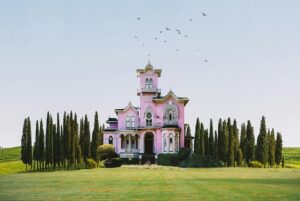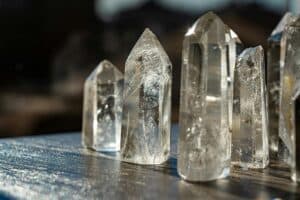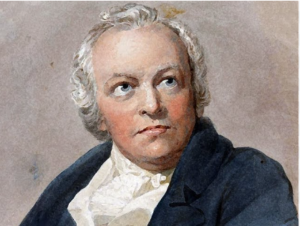Critical Analysis of My Last Duchess by Robert Browning
“My Last Duchess” is one of Robert Browning’s most famous and widely studied poems. Written in 1842, it is a dramatic monologue that offers a glimpse into the mind of a Renaissance duke as he discusses his late wife, the titular “last duchess,” with an emissary who has come to negotiate the duke’s next marriage. Here’s a critical analysis of “My Last Duchess” by Robert Browning:

Summary
The poem is structured as a monologue delivered by the duke to an unnamed listener, presumably a marriage broker or envoy. The duke shows the listener a painting of his late wife and proceeds to describe her, revealing much about his character and the circumstances surrounding her death.
Themes
Power and Control: The duke’s possessive attitude towards his wife and his desire to control her are central themes of the poem. He resents any display of her affection towards others and sees her as an object to be owned and manipulated.
Jealousy and Possessiveness: The duke’s jealousy is palpable throughout the poem. He expresses resentment towards his wife’s cheerful and innocent nature, interpreting her friendliness towards others as a personal affront.
Art and Appearance: The duke’s obsession with the portrait of his late wife highlights the theme of appearance versus reality. He cherishes the painting for its ability to capture her beauty and keep her under his control, even though it cannot convey her true emotions or personality.
Gender and Patriarchy: The poem reflects patriarchal attitudes towards women in the Renaissance period, where women were often treated as property or objects of male desire. The duke’s treatment of his wife as a possession to be controlled and disposed of at will exemplifies this theme.
Morality and Ethics: The duke’s lack of remorse or empathy for his wife’s fate raises questions about morality and ethical behavior. His callousness towards her death suggests a disregard for human life and a willingness to sacrifice others for his own satisfaction.
Stylistic Devices
Dramatic Monologue: The poem is presented as a dramatic monologue, allowing the reader to glimpse into the psyche of the speaker as he reveals his thoughts and emotions.
Irony: Browning employs irony throughout the poem, particularly in the contrast between the duke’s words and the sinister implications behind them. While the duke presents himself as a refined and cultured aristocrat, his callousness and possessiveness reveal a darker side to his character.
Symbolism
The painting of the duchess serves as a symbol of the duke’s power and control over her. It also represents the idealized image of womanhood that the duke seeks to possess and manipulate.
Ambiguity
Browning leaves certain details of the poem ambiguous, allowing readers to interpret the duke’s motives and the circumstances surrounding the duchess’s death in different ways.
Conclusion
In conclusion, “My Last Duchess” is a compelling exploration of power, jealousy, and control, told through the perspective of a morally ambiguous and psychologically complex narrator. Browning’s masterful use of dramatic monologue and rich symbolism makes the poem a timeless masterpiece of English literature.
#critical analysis of My Last Duchess #critical analysis of My Last Duchess #critical analysis of My Last Duchess #critical analysis of My Last Duchess #critical analysis of My Last Duchess #critical analysis of My Last Duchess #critical analysis of My Last Duchess
Read More
Line by Line Explanation of “My Last Duchess”
Wordsworth and His Treatment Of Nature
Wordsworth and His Love for Nature
Introduction to Fiction and Non Fiction
Of Death — Francis Bacon (Text)
Of Truth Critical Analysis by Sir Francis Bacon
Of Truth by Francis Bacon Summary
Visit Us on our Facebook Page:






